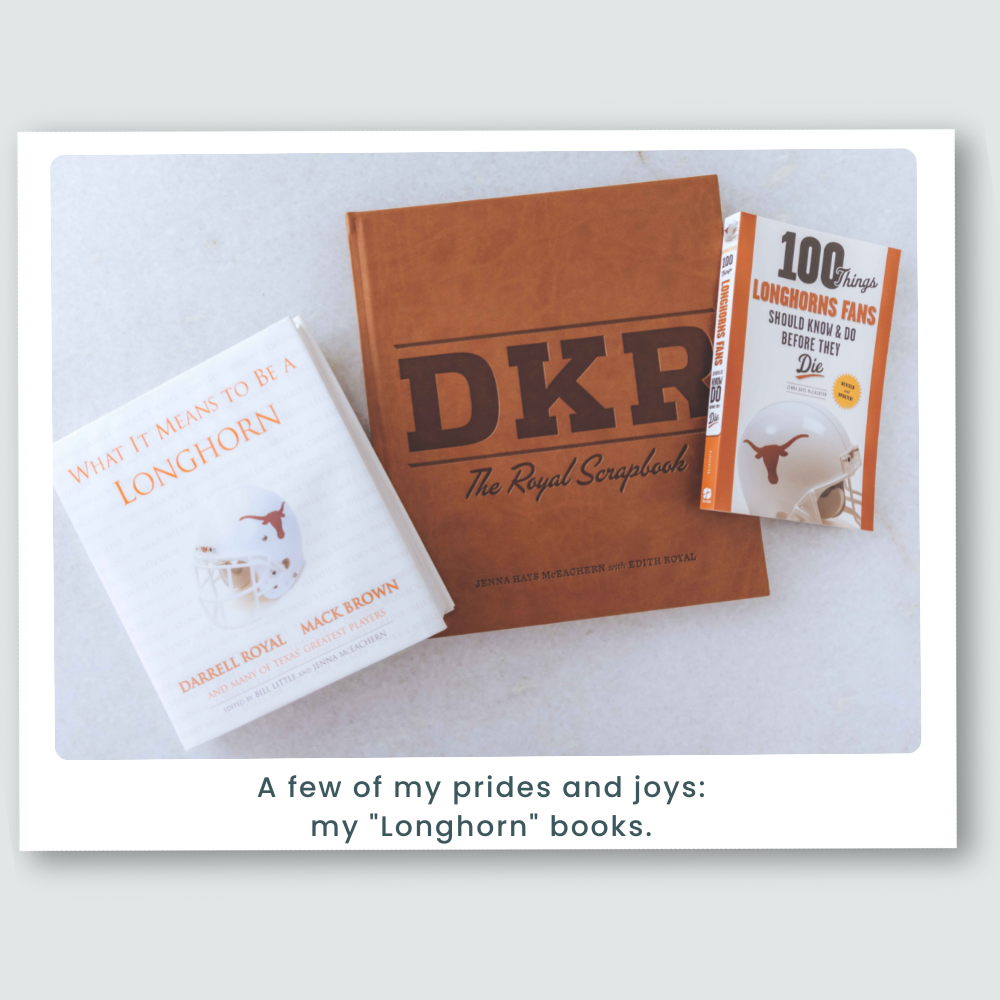That Was Easy, Wasn’t it?
I’ve known since I was sixteen that I wanted to be a writer. I wrote some bad, rhyming poetry, which got published in the school paper, but I wouldn’t let the editor publish my name on the pieces. I was too fearful…fearful that it wasn’t good, fearful that classmates would make fun of me.
Adding to this dread was the fact that my brother Jackie, was such a good writer. I was one grade behind him in school, and in my fourteen-year-old mind, he was the writer. I was an impostor, a disappointment to my English teachers who’d had Jackie in class the year before.
Yet, during my junior year in high school, my English teacher, Marilyn Evans, encouraged me and pushed me and planted the idea that I might be a decent writer.
Some years later, at The University of Texas, I was inspired by another teacher, Bill Zavatsky, a published poet from New York. He brought his friends, Allen Ginsburg and Philip Lopate into our classroom, and I was blown away to be face-to-face with these legends of literature. But after I turned in one of our assignments, a mini-memoir, Zavatsky pencilled on the margin of the last page, “This is one of the best student works I’ve read all year.” I almost levitated back to my studio apartment. This guy thought I could write.
I interned at The University Sports Information Department, typing letters to recruits, editing the media guide, and stealing pictures of cute football players from the files. My bosses were two legendary, nationally respected writers/media directors, Jones Ramsey and Bill Little. I learned plenty and remained friends with them long after I left their employ.
After college, a couple of my articles, accompanied by photos I’d taken, appeared in a couple of regional now-defunct magazines, but I was still terrified that the pieces would be terrible. I had no problem writing or editing or laying out the articles, but when it came time to turn them over, I was paralyzed. I had a couple of babies in the mid-80s, so that gave me a great excuse to put down my pen.
In 2006, Bill Little and his wife Kim Scofield asked me to lunch at The Galaxy Cafe in central Austin. Bill had signed a contract with Triumph Books to interview University of Texas football greats, edit those interviews, and publish them under the title What It Means to be a Longhorn, but he was behind schedule, he said. Would I be willing to conduct half the interviews in exchange for half of his advance?
No. I couldn’t possibly do that. That’s how much confidence I had in my abilities. My friend was offering me the opportunity to be a working writer, to have my name on the front cover of a published book, but again, I was too scared. He reminded me of the editing work I’d done for him at the Texas Sports Information Department and later, on the many books he’d written about Longhorn Sports. He convinced me that I was the one to help him finish. I agreed, reluctantly, my only stipulation being that I got to be the one to interview Major Applewhite, a former UT quarterback who’d been a fan favorite.
And that’s how I got my first book published. The opportunity was dropped in my lap by a loyal friend. I found that I liked the search for just the right word. I liked the recognition, the book signings, the compliments. Later on that year, Bill called again. Triumph Books had another formulaic book idea. This would be called 100 Things Longhorn Fans Should Know and Do Before They Die, and they tapped Bill to write it, but he told them that that was impossible…he couldn’t write anything in the middle of the football season. “Well, that’s too bad,” the publisher told him. “But I’ve got a connection with a writer in Alabama. I’ll get him to do it.”
Bill harrumphed and replied, “Why would you get someone from Alabama to write a book about Texas Football? Why don’t you call Jenna? She knows football, she knows the history of the Horns. She’d be great. “
And that’s how I got my second book published. I was thrilled, yet embarrassed. How many of my friends had tried for years to get their work published, to no avail. Yet my opportunity had just been handed to me. More than the embarrassment, I wondered why the confidence in my abilities had to come from outside myself.
The first edition of 100 Things was published in 2008, fifteen years ago. During the intervening years, the ice-cold paralysis has thawed. I’ve sold a few books, gotten a few compliments, and finally began believing that I could write. The “just finish something” part? Well, I’m working on that.
“What is more mortifying than to feel that you have missed the plum for want of courage to shake the tree?”
Let me hear about your travails and your triumphs in the publishing industry. It’ll be fun to compare stories.
—Jenna


